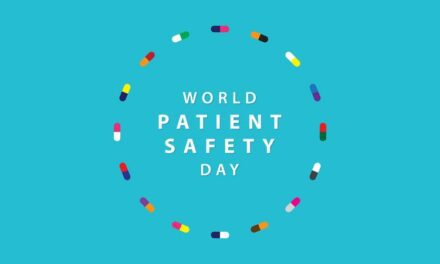ECRI Institute has announced the release of its annual Top 10 Hospital C-suite Watch List. The report helps healthcare leaders understand new and emerging innovations, including new apps to help treat opioid addiction, acuity-adaptable rooms, insertable cardiac monitors, and virtual reality for pediatric patients.
“This year, we selected a range of technologies and infrastructure issues hospital leaders and their teams are facing, will be facing, or should consider,” says Diane C. Robertson, director, Health Technology Assessment, ECRI Institute.
Topping the list this year is the first FDA-approved medical app for opioid addiction. A form of telehealth, the app offers a way to strengthen recovery with ongoing, long-term support. Further, direct-to-consumer genetic testing, coming in at No. 2, is changing how frontline clinicians interact with patients who pursue tests on their own.
“Hospital leaders often are not aware how much lab budgets are being blown by genetic testing, inappropriate use from lack of evidence-based information, and unreimbursed testing. Now that direct-to-consumer testing provides health information to patients, it will drive them to seek attention to understand the implications of their test results,” adds Robertson.
Other topics include microhospitals; a non-invasive device for treating Alzheimer’s disease; neonatal MRI systems in the NICU; GammaTile™ Cs-131 radiation therapy for fighting brain tumors; and a special needle for reducing pain during blood draw.
“Nobody pays us to produce our C-suite watch list—it’s built on our deep, independent expertise for how to address today’s and tomorrow’s healthcare challenges. Many healthcare leaders use this as a springboard for informed decision making in their capital planning programs and strategic initiatives,” says Robert P. Maliff, director, strategic growth and business development, ECRI Institute.
ECRI Institute’s 2018 Top 10 Hospital C-Suite Watch List is available for download at www.ecri.org/2018watchlist (registration required).





